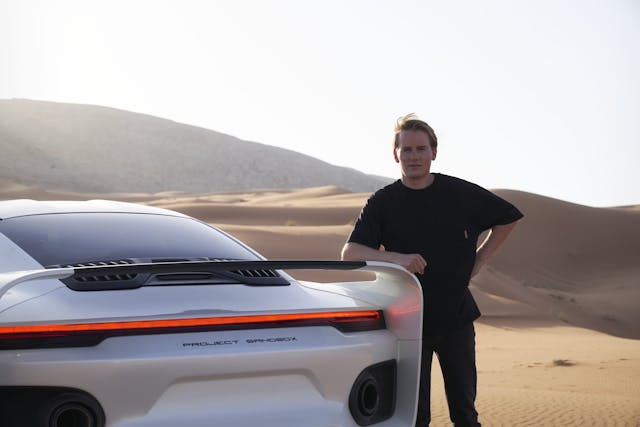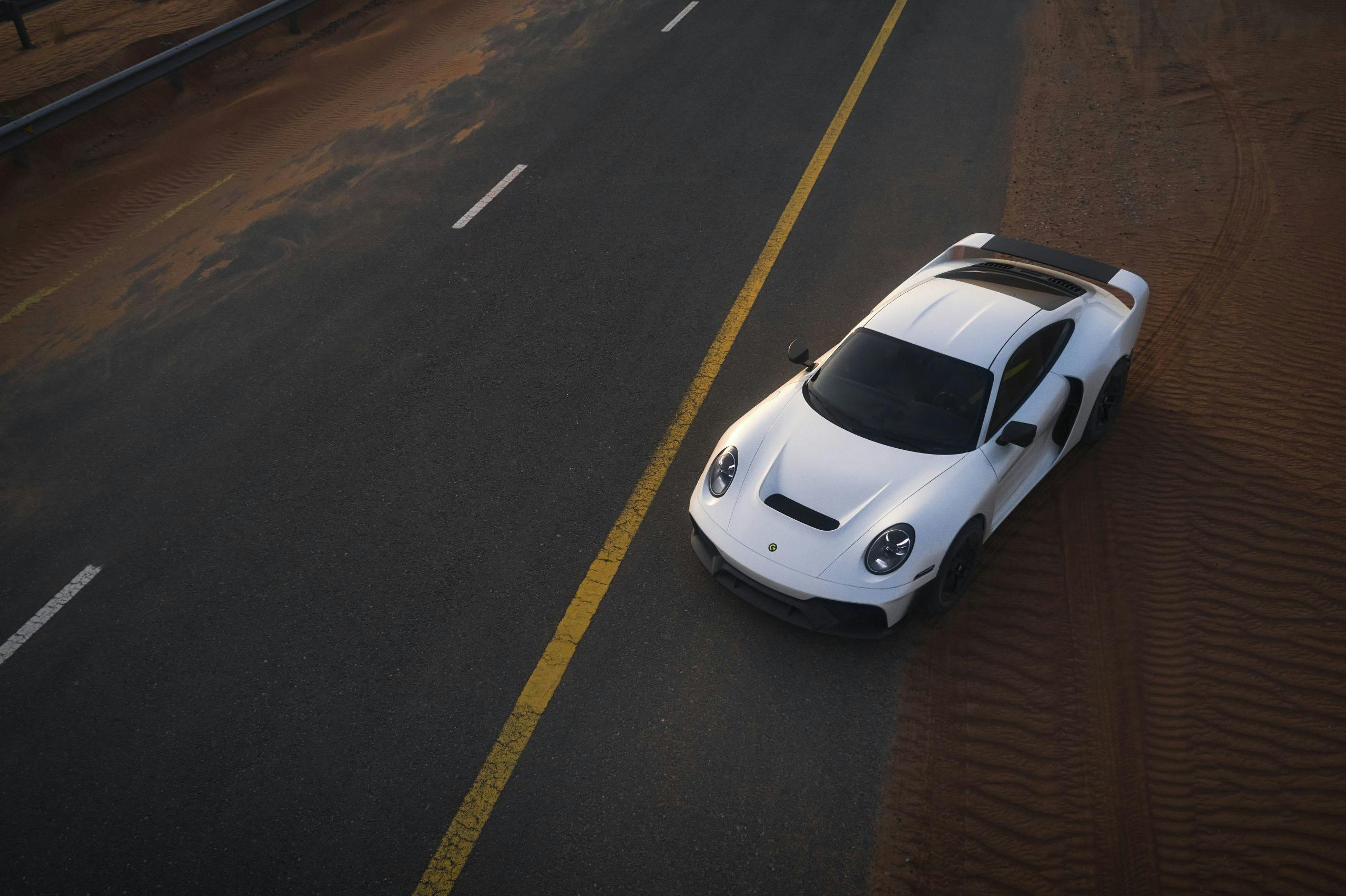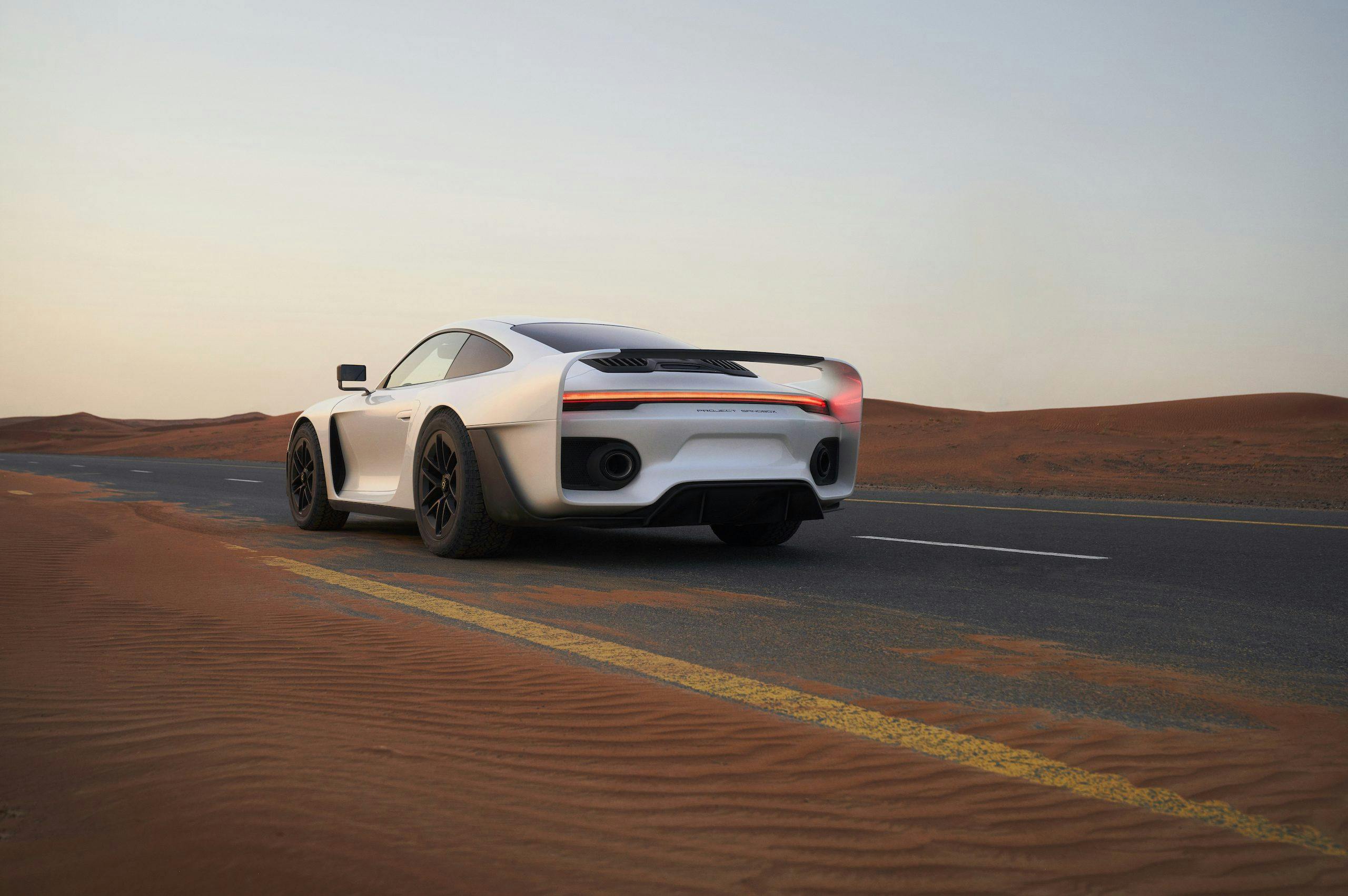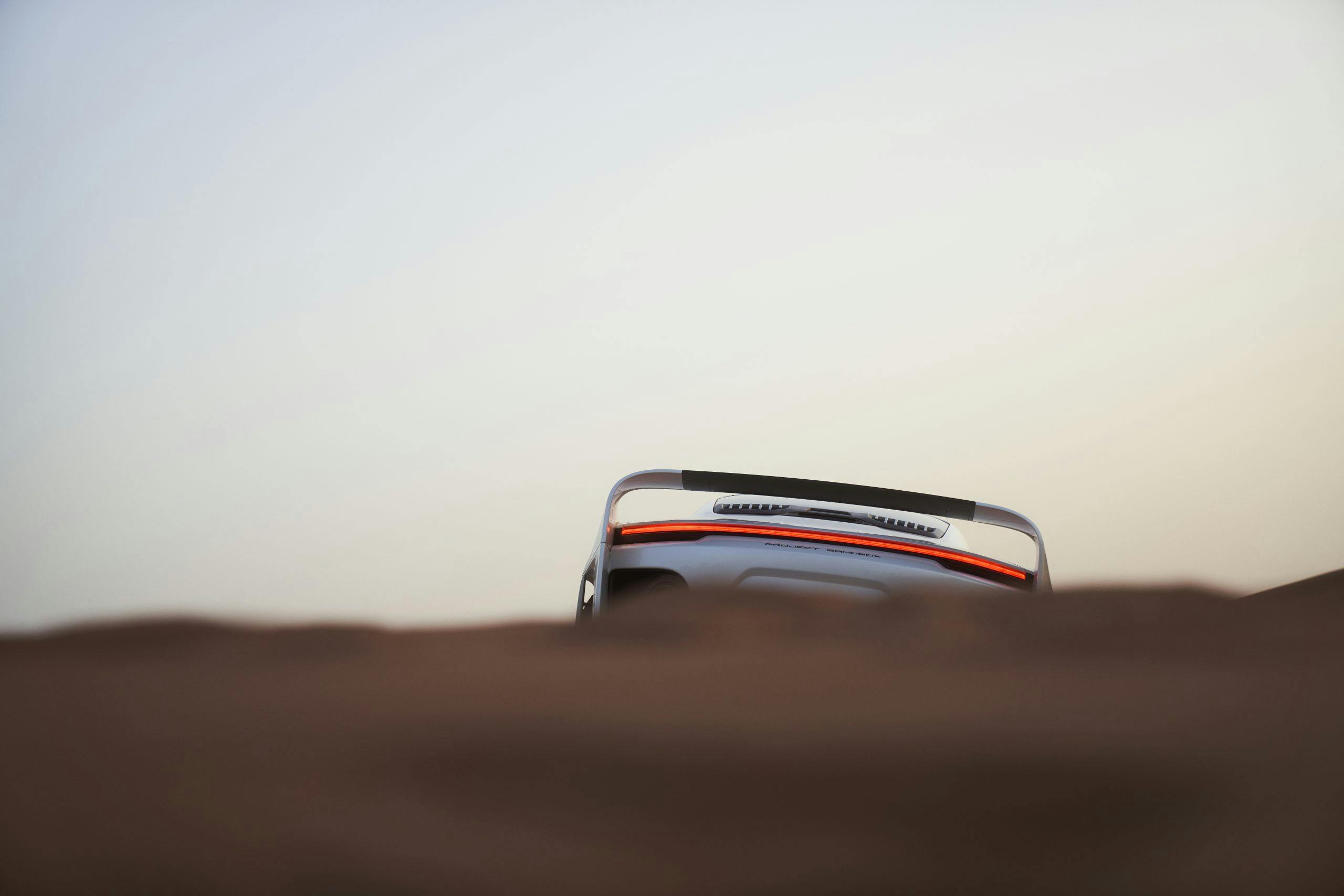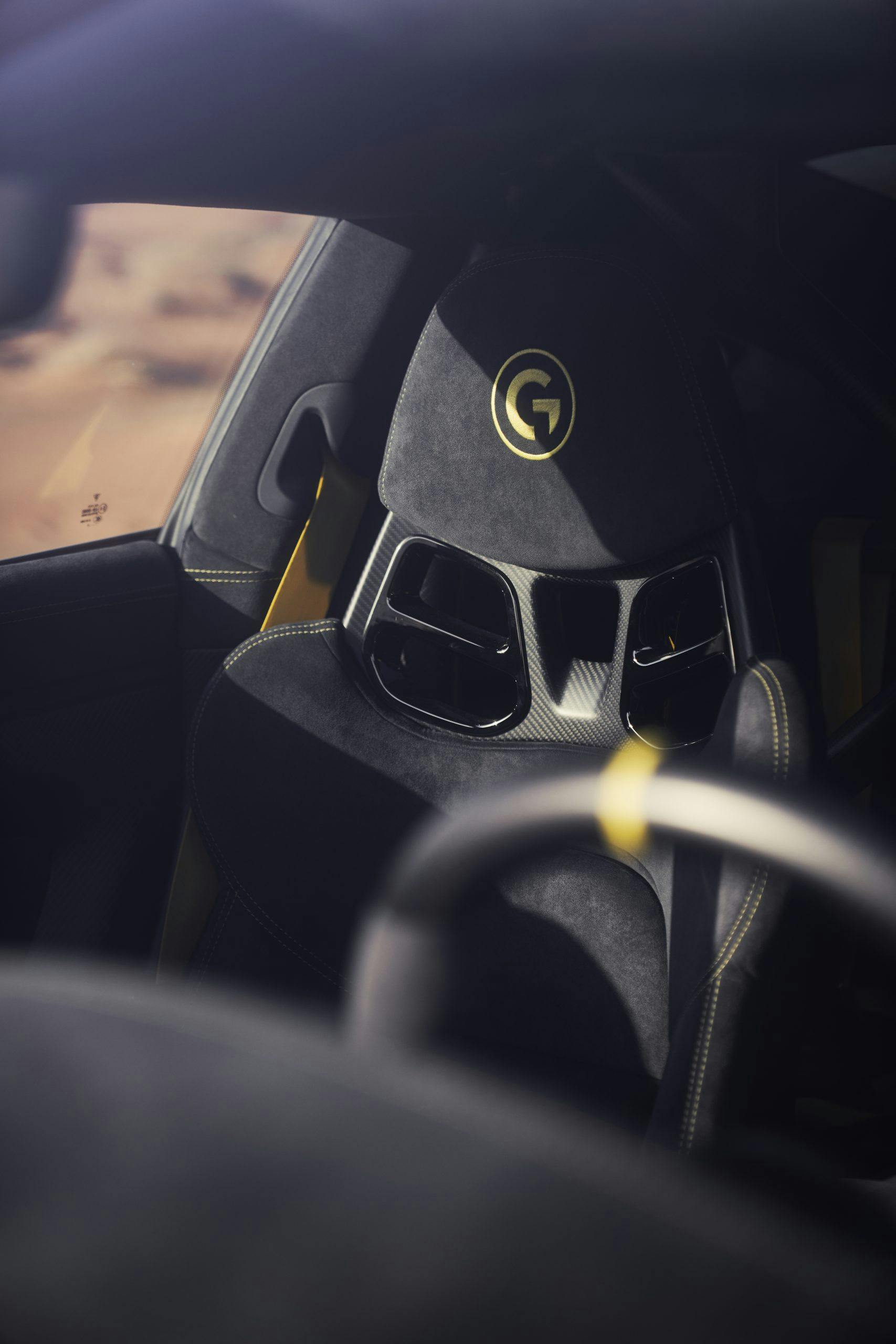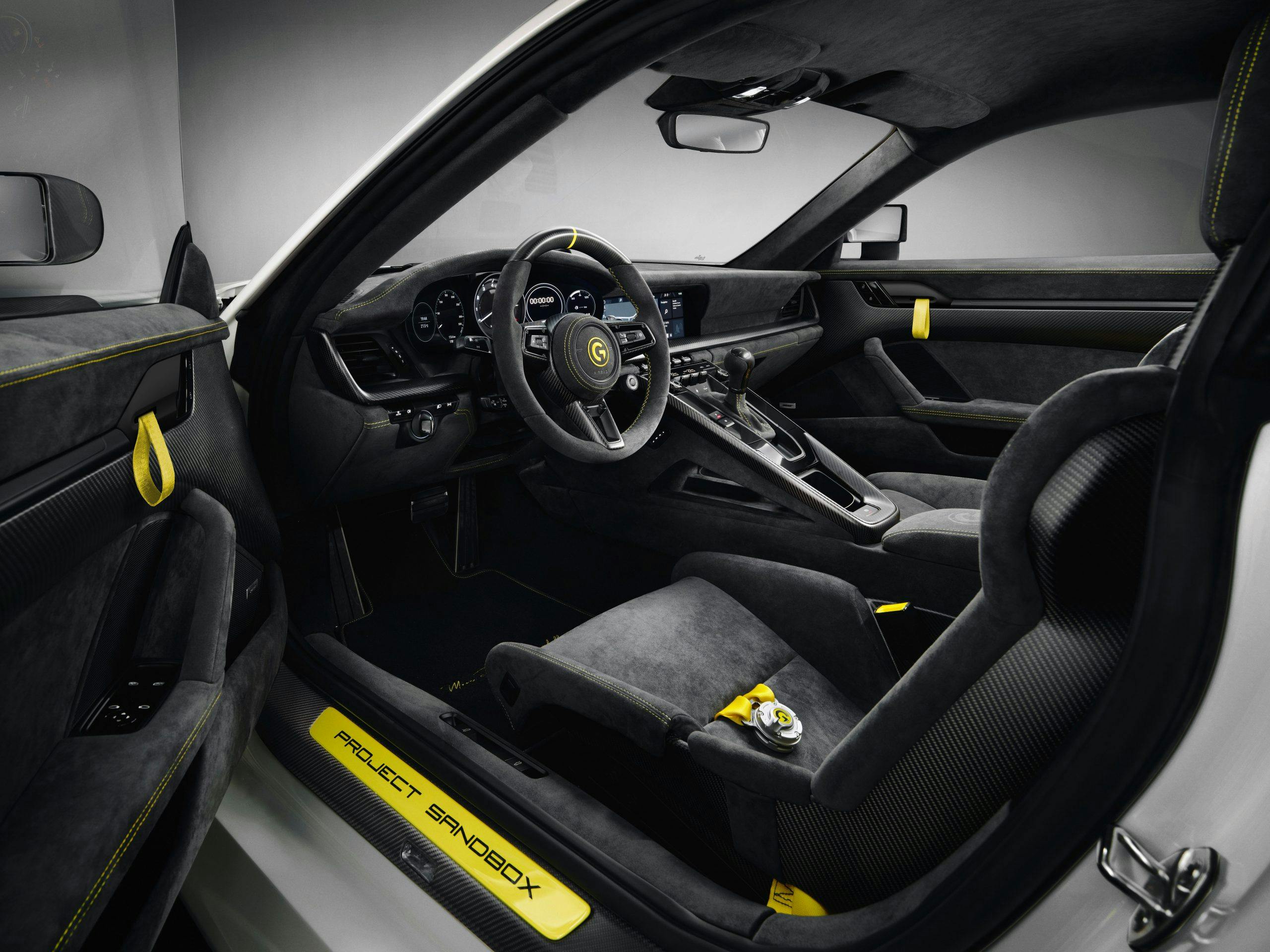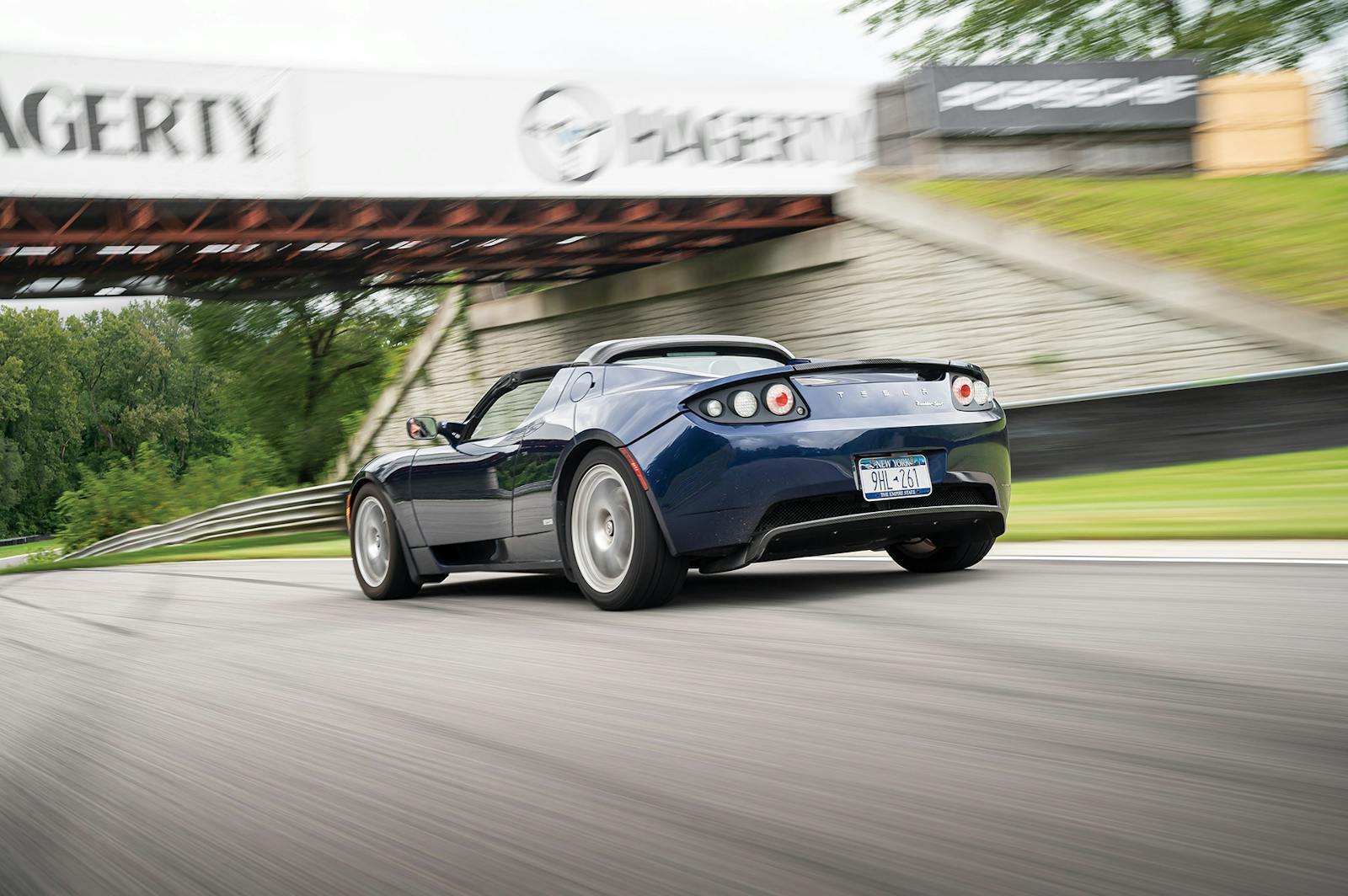“I am a Gemballa … but not the way it was.” A conversation with Marc Philipp Gemballa
Iron sharpens iron; flame tempers steel. Imagine this: You are a teenaged boy, handsome and carefree, not incandescently rich in the manner of your flashiest friends but raised nevertheless with the trappings of wealth. Your father is a famous man, a world traveler, always on the move. Until the day that he simply doesn’t come back.
There’s more to it, of course. He didn’t simply die. Rather, he was murdered. By people who wanted to make a point of it. Why did it happen? You’ll likely never find out. They caught the men responsible, but there are whispers of additional complexity, secret deals, revenge. Was the killing connected to his business, his oft-controversial creativity in steel and fiberglass, his famous way of endearing himself to the lately rich and powerful? Almost certainly, yes. But you cannot know more than that, at least not for now.

Your father’s name passes into the hands of others, and now you are simply a young man on your own. Could anyone blame you if you disappeared into obscurity, distanced yourself from everything your name and lineage mean to people? How many of us would be willing to pick up the banner and run back onto the field, knowing that the people who can afford to buy your dreams are often brutish and terrifying?
And yet here is Marc Philipp Gemballa, gregarious and earnest in a penthouse high above Hollywood and Vine. A battered iPhone full of videos and images and specifications in his fretting hands, he speaks to a potential client in English that is recognizably European but rushes out of his mouth in the finest New York style. The client, (Eastern) European himself and forthright in a manner that is both disarming and slightly worrisome, isn’t completely engaged, preferring instead to interrogate a young woman who has arrived shrink-wrapped in a sequin dress, part of Gemballa’s entourage:
“Where are you from?”
“Russia.”
“Yes, yes, I know. Where in Russia?“
“Siberia.”
“Yes, yes, it is obvious, that is a big place. Where in Siberia?” And so on until the granularity of village and street is attained, and all details of early schooling are known—then the client turns his attention to Gemballa, who has been patiently nursing a bottle of Perrier. “So … tell me about this car.”
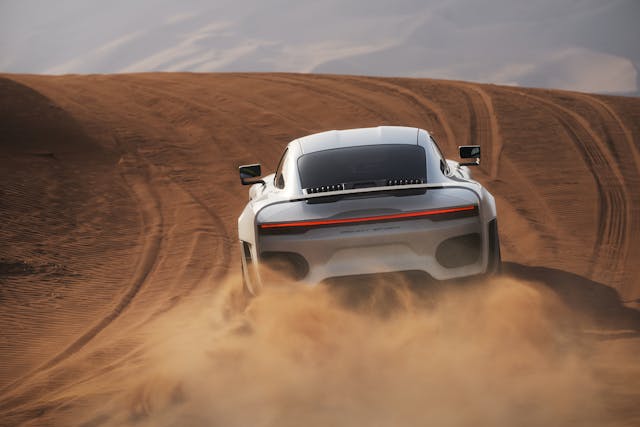
The car in question was a tremendous hit at Pebble Beach, an unlikely plus-sized 959-esque rally car that costs half a million Euros not including a customer-supplied Porsche 911 Turbo. (Want to start with a Carrera, instead? That’s fine, but you’ll be about 100 horsepower down at the end. Seems a strange economy, but Gemballa allows that it’s been specified at least once.) Yet, as young Marc Philipp runs the voodoo down on how it’s built, one starts to wonder if he can make money selling just forty of these. Full carbon-fiber body? Engine by RUF? Bespoke interior with a raised center console? All-new suspension? Akrapovic titanium exhaust? It’s a video-game wishlist. Has to cost more than a half-million each, at this production level. Right? And why do something like this, when the whole world would surely stand up and take notice of another Testarossa-straked hidden-headlamp retro monster with the right name on the decklid?
“I don’t feel the need, the desire, to do what my father did, to set the top speed records, to challenge the world that way,” Gemballa states, quietly. “This is different. It’s the future. Something new. Yes, it is by a Gemballa. I am a Gemballa. But not the way it was.” Patiently, he takes me through the concept, the design, the execution. The idea of having a brand-new taillight built from scratch, something that has proven quite beyond the abilities of a hundred coachbuilders and then some.
The car itself strikes me as unlovely and cartoonish, but there is no denying the fact that it all but upstaged the brand-new Countach next to it at Pebble, at a quarter of the cost. The marketing materials show it in the desert, a clear nod to the likely sensibilities of the buyer group, but one wonders: Just how rally-capable could a rebodied 911 Turbo be? You’ll have to buy it to find out.
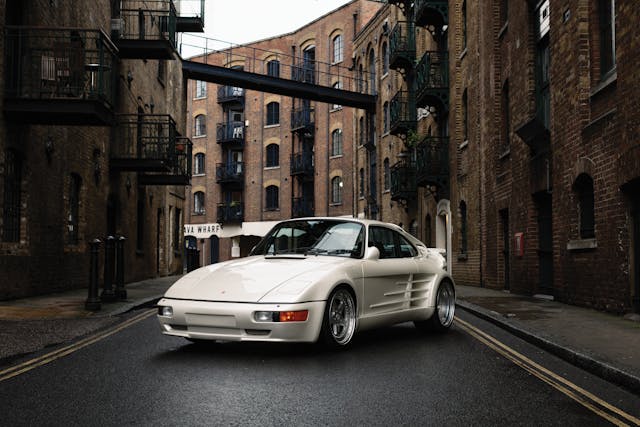
With his pitch delivered to the client, Gemballa relaxes a bit, but not too much: “I have twenty-five of them sold. Now I have to go home … and build them.” Earlier that day, another potential client had dismissed the “Marsien” project as ridiculous, saying,
“Half a million on top of the car, and for what? For something that won’t keep up with a McLaren on the street, and you still can’t see over the G-Wagen next to you? Who wants that? He should have come back with a 275-mph 911, a true continuation car, something to make the world stand up and take note. This is a half-done thing.”
Yet it’s impossible for me to dismiss the car, or the man, so casually. Behind the tentative manner and the ingratiating smile, surely Marc Philipp Gemballa is someone to respect. For entering the same arena as his father, carrying the name fearlessly, knowing that at any moment he could find himself unknowingly speaking to the people who orphaned him in the first place. He doesn’t seem afraid. Rather, he seems … sharp. Tempered. Ready. It’s a small world, and that’s the most frightening part—but Marc Philipp Gemballa shows no signs of being a small man.
